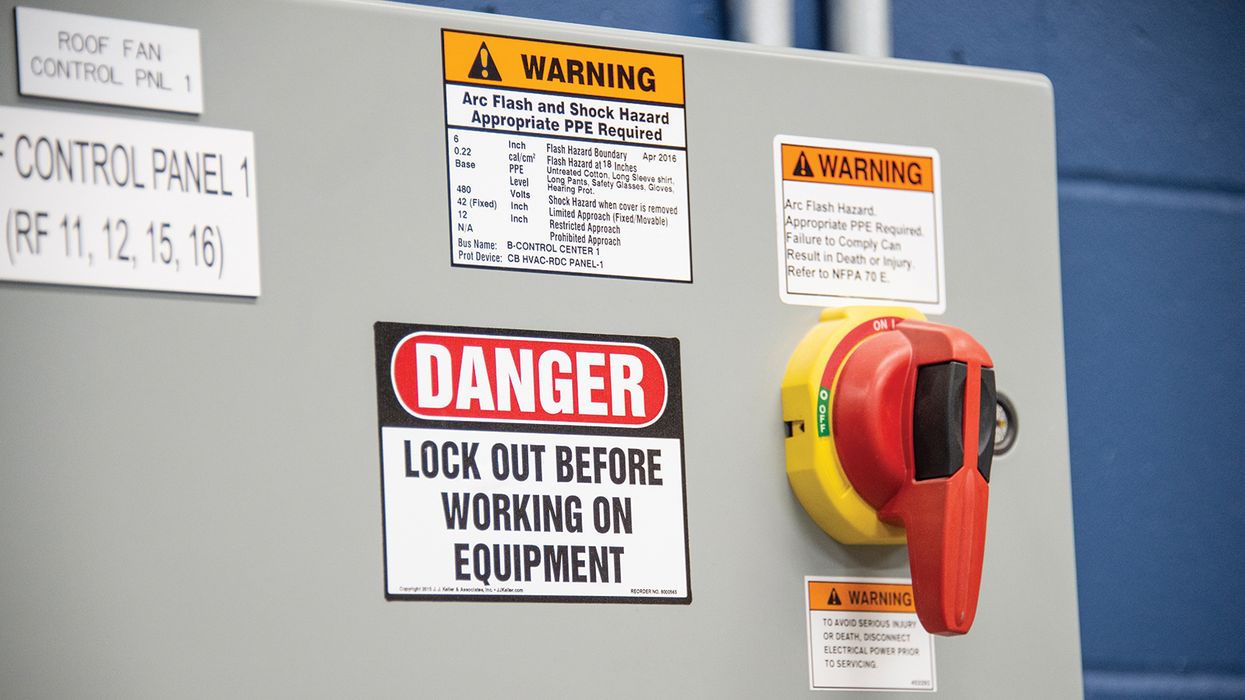Do I need to pay you? When meetings and trainings are “hours worked”
Employers often grapple with the question of whether they must pay employees for time spent in meetings or trainings. Under the federal Fair Labor Standards Act (FLSA), employers must pay employees for time spent in meetings and trainings unless these four factors are met:
- Employees perform no work;
- Participation is truly voluntary;
- It must not be job-related; and
- It occurs outside of regular working hours.
In other words, every one of these criteria must occur for employers to deny pay. If any one of these isn’t true, then employees must be paid for their time.
A closer look at what “voluntary” means
The toughest factor for employers is often the second; that the meeting or training time is voluntary. If employers require employees to attend, employers must count the time as hours worked and pay employees.
A recent court case filed in February 2024 helps illustrate what “voluntary” means.
In the case, Samuel, an employee, worked for seven years as a salaried, but nonexempt (“hourly”) employee. He and others worked eight-hour shifts but had to come in early and, before punching in, spend 30 minutes for shift meetings to learn about events and incidents that occurred on the previous shift. If the meeting lasted less than 30 minutes, they were to start working.
At the end of the shift, Samuel claimed that he and other employees had to attend another 30-minute debrief meeting, where they told members of the incoming shift about problems that had come up and any recommended changes.
The company didn’t use time clocks (which the FLSA doesn’t require). Instead, employees entered their hours worked on timecards, which is acceptable under the FLSA.
The employees claimed, however, that the employer required them to attend the pre- and post-shift sessions and to not include the time spent at those meetings on their timecards. Therefore, they were not paid for that time.
The case
In filing a claim, Samuel seeks a collective class of current and former employees in his job category, claiming they worked more than 40 hours per week and should be paid overtime. If the evidence shows that the employees were required to attend the meetings, which benefitted the company more than the employees, the employer could be on the hook for owing them backpay, missed overtime pay, and other damages for wage violations.
This case is in the early stages and the employer could have a legitimate rebuttal to the claims. No matter how the case proceeds, it serves as a reminder for all employers that if attendance at company meetings or trainings is required, it is not voluntary and must, therefore, be paid.
The case is Hood v. Ford Motor Co. and was filed in federal court in the Northern District of Ohio, No. 1:24-cv-00244.
Key to remember: Attendance at meetings and trainings must be totally voluntary if employers want to avoid having to pay employees for the time spent there.



























































